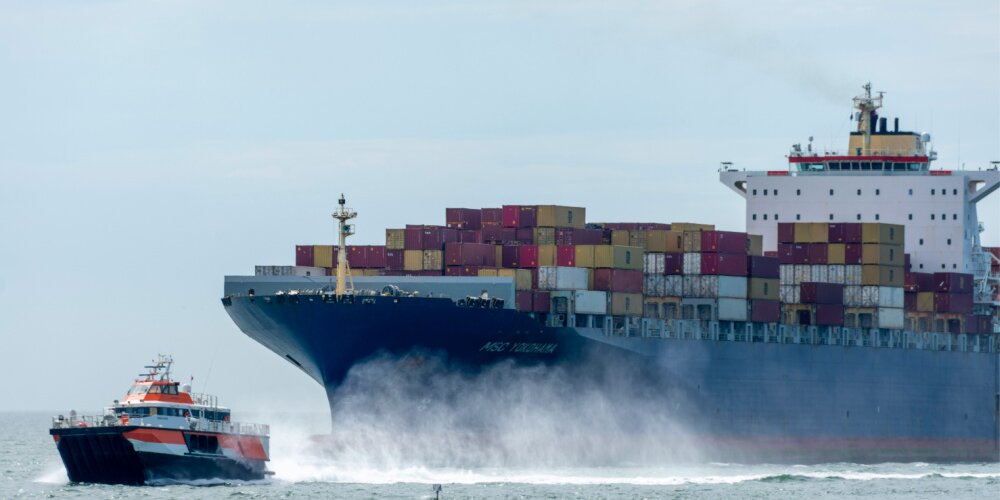Browse our services
Explore how Brookes Bell can help you
Find an expert
Meet our team, find and expert and connect
Contact us
Get in touch, we're here to help

With pressure growing to decarbonise, an increasing number of vessel owners and operators are turning to biofuels. However, with the impact of long-term biofuel use being largely unknown, a new project has been established to uncover the answers…
The result of a partnership between the Global Centre for Maritime Decarbonisation (GCMD) and NYK Line, Project LOTUS (long-term impact of continuous use of biofuels on vessel operations) has been established to determine the impact of biofuel use on engine performance and onboard systems operations.
The project will take place over the course of six months and will trial the continuous use of a biofuels blend composed of 24% Fatty Acid Methyl Esters (FAME) and very low sulphur fuel oil (VLSFO). The vessel which will run the fuels will be a short-sea vehicle carrier that will call at several ports.
With the vessel stopping regularly, this will allow the research team to access the fuels stored on board and conduct sampling and testing.
But, why the need for a pilot project in the first place?
The answer lies in the characteristics of FAME-based fuels. In many contexts and applications, FAME can be more susceptible to chemical degradation, microbial growth, and it has a highly hygroscopic nature. As a result, FAME-based fuels can lead to by-products which can corrode and clog ship engines and related systems.
Naturally, then, the maritime industry is keen to establish if FAME-based fuels can be used on a long-term basis without incurring these problems.
The hope that FAME can be made into a viable alternative fuel is particularly strong due to a number of factors:
If its issues can be overcome, it could well become the leading alternative maritime fuel.
To date, studies on FAME fuel use have focused primarily on characteristics such as combustibility and emissions reduction. Project LOTUS represents the first serious, long-term study into the impact of long-term FAME usage.
A statement from the project team sums up the core aims of LOTUS:
‘Project LOTUS aims to address this knowledge gap by establishing industry guidelines for monitoring engine and equipment performance when using biofuels. This pilot will also evaluate the total cost of ownership of using biofuels, covering the cost of fuel and additional maintenance costs associated with its use. Additionally, it will identify potential challenges, e.g. corrosion of engine systems and valve failures, related to continuous biofuels use, and recommend mitigation strategies’.
It is expected that the real-world findings from Project LOTUS will contribute towards the upcoming revision of ISO 8217:2024, which is set to include specification of standards for a wider range of FAME-based blends (up to B100).
If you’re dealing with a fuel-related issue then it’s important you have the very best expertise on your side.
Problems such as fuel-related engine failures or damage can result in serious liabilities and costs - so, it pays (literally) to use experts that are adept at conducting forensic, root-cause analyses of fuel-related issues.
For more maritime industry insights, news and information, read the Brookes Bell News and Knowledge Hub…
ONE Launches New Eco Shipping Solution | Wärtsilä Launches World’s First Four Stroke Ammonia Engine Solution | What Is Bunker Fuel? A Complete Guide